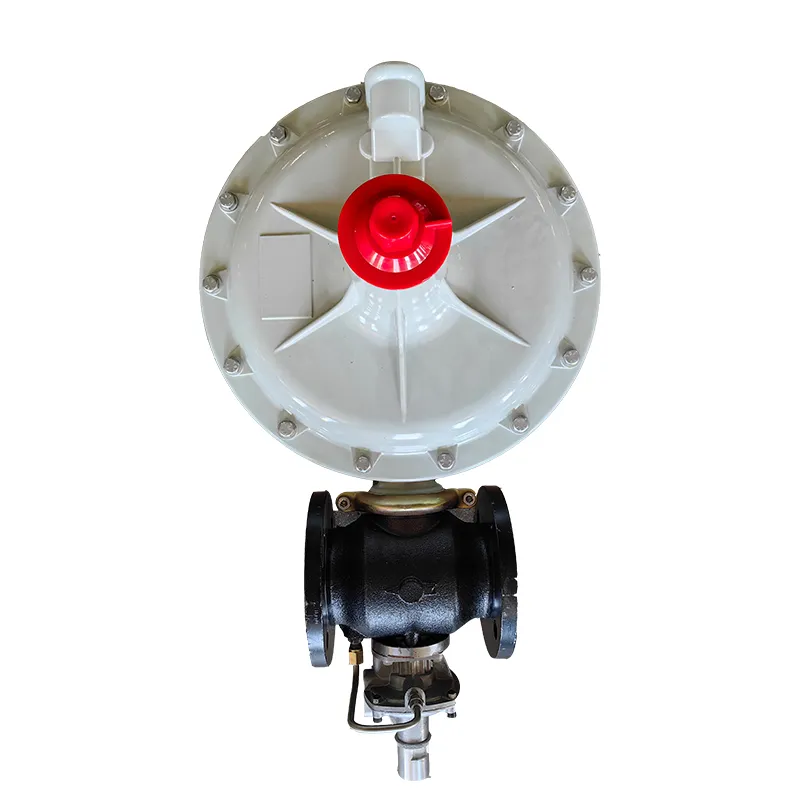
Dec . 15, 2024 17:08
Back to list
gas metering
Understanding Gas Metering Ensuring Accuracy and Efficiency
Gas metering plays a crucial role in the energy sector, functioning as a key component in managing gas distribution systems, ensuring safety, accuracy, and efficiency in the delivery of natural gas to consumers. As the demand for natural gas continues to rise, understanding the technologies and processes involved in gas metering becomes increasingly important.
At its core, gas metering is the process of measuring the volume of gas consumed by residential, commercial, and industrial users. These measurements are essential not only for billing purposes but also for monitoring usage and managing supply. Gas meters are typically installed at the point where gas enters a consumer’s premises, providing real-time data that is critical for both consumers and suppliers.
There are several types of gas meters available, with the most common being diaphragm meters, rotary meters, and ultrasonic meters. Diaphragm meters, often used in residential settings, operate by using a flexible diaphragm to measure the volume of gas. Rotary meters are generally employed in larger applications and utilize rotating mechanisms to measure gas flow. Ultrasonic meters represent a more advanced technology that employs ultrasonic waves to measure the velocity of gas, providing highly accurate readings and the ability to monitor gas quality.
Accurate gas metering is essential for several reasons. Firstly, it ensures fair billing practices. Inaccurate measurements can lead to significant financial discrepancies for both suppliers and consumers, resulting in disputes and loss of trust. Secondly, accurate metering supports effective energy management. By understanding consumption patterns, consumers can make informed decisions about their energy use, potentially leading to conservation and cost savings.
gas metering

Gas metering also plays a pivotal role in safety. The accurate detection of gas leaks is critical to preventing hazardous situations. Modern gas meters are equipped with advanced technologies that can alert consumers and suppliers to potential leaks or irregularities in gas consumption. This not only protects human health and safety but also mitigates environmental risks associated with gas leaks.
Moreover, the integration of smart technologies into gas metering systems is revolutionizing the industry. Smart gas meters provide two-way communication between the utility and the consumer, allowing for real-time monitoring of gas usage. This information can be accessed via mobile apps or web portals, empowering consumers to track their consumption patterns closely. Additionally, these smart meters facilitate remote reading, reducing the need for manual inspections and increasing operational efficiency for gas suppliers.
As the industry moves towards more sustainable energy solutions, the role of gas metering will continue to evolve. With the growing interest in renewable energy and the reduction of carbon footprints, accurate metering will aid in the integration of alternative energy sources with natural gas systems. Understanding the intricate dynamics of gas metering will be essential as we navigate the transition to a more sustainable energy future.
In conclusion, gas metering is a vital component in the management of natural gas distribution, playing a significant role in ensuring accurate billing, energy management, and safety. With advancements in technology, particularly the shift towards smart gas meters, consumers and suppliers can benefit from improved monitoring and efficiency. As the energy landscape continues to change, staying informed about gas metering technologies and practices will be essential for maximizing both economic and environmental benefits.
Next:
Latest news
-
Safety Valve Spring-Loaded Design Overpressure ProtectionNewsJul.25,2025
-
Precision Voltage Regulator AC5 Accuracy Grade PerformanceNewsJul.25,2025
-
Natural Gas Pressure Regulating Skid Industrial Pipeline ApplicationsNewsJul.25,2025
-
Natural Gas Filter Stainless Steel Mesh Element DesignNewsJul.25,2025
-
Gas Pressure Regulator Valve Direct-Acting Spring-Loaded DesignNewsJul.25,2025
-
Decompression Equipment Multi-Stage Heat Exchange System DesignNewsJul.25,2025

